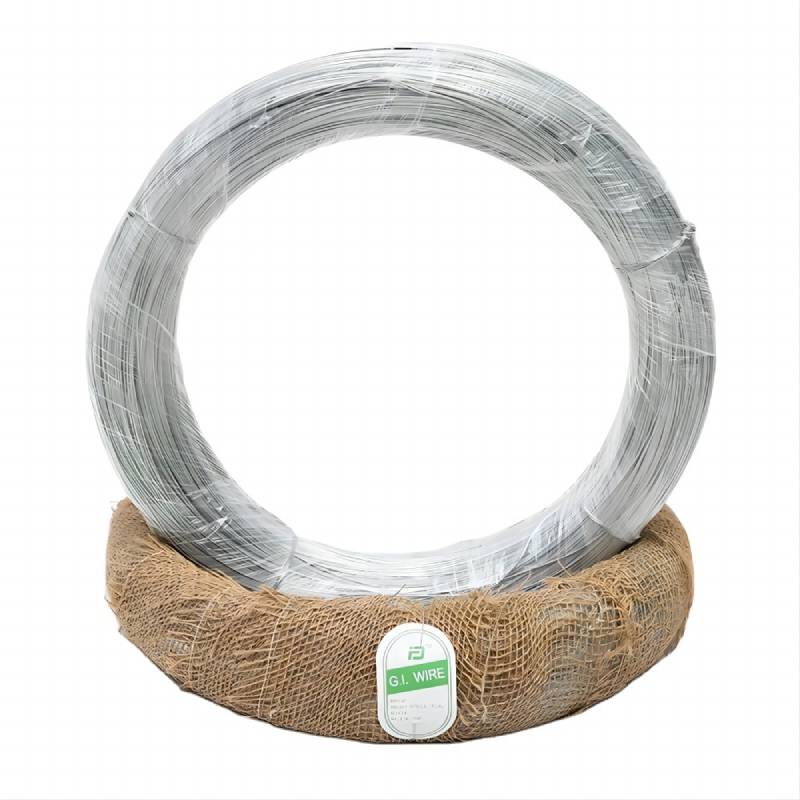types of roofing nails
Types of Roofing Nails A Comprehensive Guide
Roofing is a critical component of any structure, providing protection from the elements and contributing to the overall integrity of the building. One essential element that plays a significant role in roofing installation is the roofing nail. Understanding the different types of roofing nails can help homeowners and contractors make informed decisions when it comes to choosing materials for roofing projects. This article will explore the various types of roofing nails, their unique characteristics, and their specific applications.
1. Metal Roofing Nails
Metal roofing nails are designed specifically for metal roofing materials, such as aluminum, steel, or copper. They are typically made of galvanized steel to prevent rust and corrosion, which is essential for the longevity of metal roofs. These nails often come with a large flat head to provide a secure hold and prevent tearing of the metal panels during installation. The length of metal roofing nails can vary based on the thickness of the metal sheets and the underlying structure, usually ranging from 1 to 1.5 inches.
2. Asphalt Shingle Nails
Asphalt shingle nails are perhaps the most common type of roofing nails used in residential roofing projects. These nails are also made from galvanized steel, and they feature a smooth shank and a large, flat head. The flat head helps prevent the shingles from tearing and provides a better grip when sealing the shingles down. The length of these nails typically ranges from 1 to 1.5 inches, allowing for adequate penetration into the roof decking. For enhanced performance, many asphalt shingle nails also feature a ring or spiral shank design, which provides additional holding power.
3. Roofing Staples
While not as commonly used as roofing nails, roofing staples can be an effective option for certain applications, particularly when installing asphalt shingles or synthetic roofing materials. These staples have a more substantial grasp due to their wider design, distributing the force over a larger area of the material being roofed. However, staples are generally not recommended for high-wind areas, as they do not offer the same level of holding power as traditional roofing nails.
types of roofing nails

4. Plastic or Composite Roofing Nails
Plastic or composite roofing nails are gaining popularity due to their lightweight and rust-resistant properties. Made from high-density polyethylene or other robust plastic materials, these nails are ideal for use in environments where traditional metal nails may corrode. They are especially beneficial for coastal areas with high salt content in the air. However, it is essential to ensure that these nails meet local building codes, as their holding power may vary compared to metal options.
5. Self-Drilling Roofing Screws
Self-drilling roofing screws are designed for use with metal roofing, particularly in commercial applications. These screws come with a built-in drill bit that creates its own hole as the screw is driven into the material, eliminating the need for pre-drilling. Self-drilling screws typically feature a rubber washer under the head, which helps create a watertight seal, making them an excellent choice for flat or low-slope roofs.
6. Specialty Roofing Nails
In addition to the common types of roofing nails, there are also specialized options designed for specific applications. For example, some nails are coated with a corrosion-resistant material for areas prone to moisture. Others may have additional features, such as an extended shank for enhanced holding power. It’s essential to consider the specific requirements of your roofing project when selecting specialty nails.
Conclusion
Choosing the right type of roofing nails is crucial for the success of any roofing project. Understanding the different types of roofing nails available—metal roofing nails, asphalt shingle nails, roofing staples, plastic nails, self-drilling screws, and specialty nails—will help ensure that you select the most suitable option for your needs. By making informed decisions regarding your roofing materials, you can enhance the durability and longevity of your roof, protecting your home from the elements for years to come. Whether you are a DIY enthusiast or a seasoned contractor, knowing the right nails for the job is an indispensable part of roofing success.
-
Space-Saving Chain Fence Hacks Vertical Gardening with Cyclone MeshNewsJul.16,2025
-
Innovations in Iron Nail Wire Production for Modern ConstructionNewsJul.16,2025
-
Creative Uses of Wire Netting Fence in Modern Landscape DesignNewsJul.16,2025
-
Barbed Wire Fence Innovations in Anti-Climb TechnologyNewsJul.16,2025
-
Architectural Uses of Umbrella Nails for Aesthetic Roof DesignsNewsJul.16,2025
-
Architectural Uses of Razor Barbed Wire in Secure Urban DesignNewsJul.16,2025




